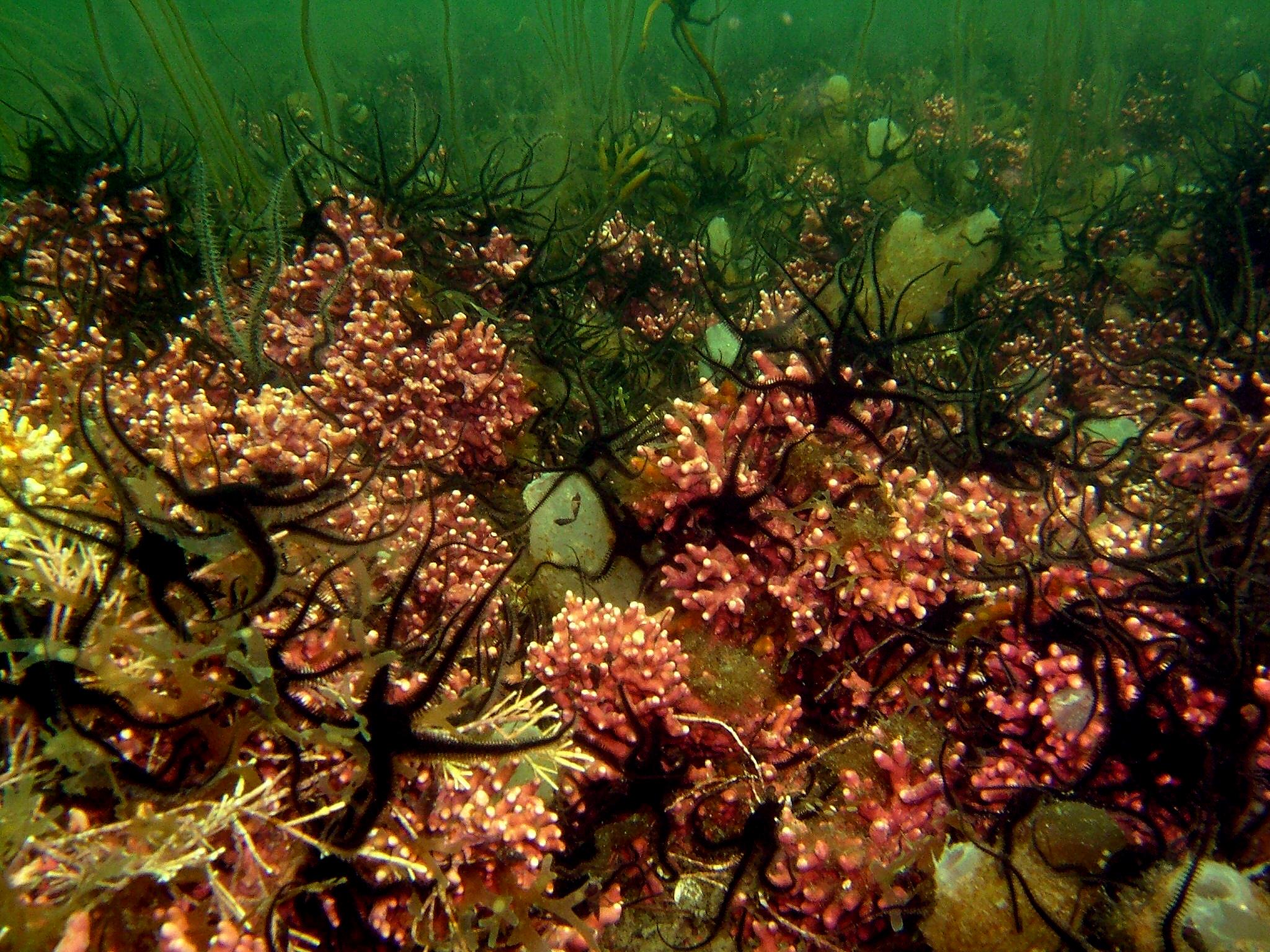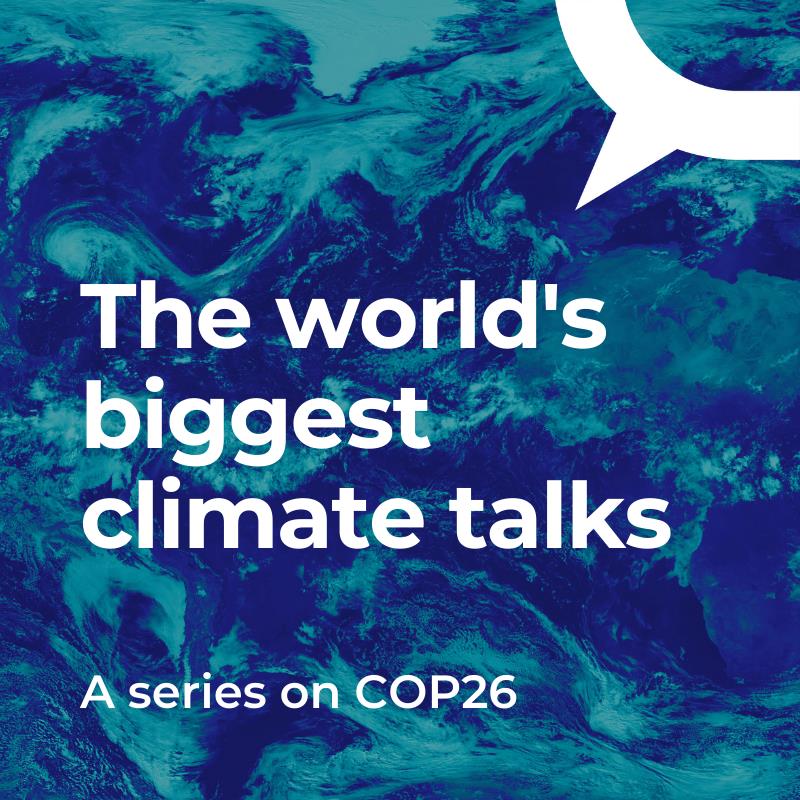Author:
Cornelia Simon-Nutbrown
(MENAFN- The Conversation) The demise of tropical coral reefs has come to symbolise the threat of climate change to the natural world. Teeming with life and bursting with colour, these habitats may feel a world away from the cold, windswept streets of Glasgow, where world leaders are gathering for the annual UN climate summit.
But not far offshore lie vast reefs formed by species of cold-water coral and calcified seaweed. This latter kind are commonly known as maerl beds and are created by a chalky pink seaweed filled with calcium carbonate – the same compound which makes up coral skeletons.
Cold-water coral reefs ring the western and northern sea shelf of the UK, typically at depths of 50 metres or more. The UK is a European stronghold for maerl beds too, especially in Scotland, where they are found all along the west coast and around the islands.
Just like their tropical equivalents, cold-water coral reefs and maerl beds are some of the most biodiverse ecosystems on the planet and provide a home to economically important species like pollack, scallops and catsharks . Sadly, despite their economic and ecological importance, climate change could erase Britain's reefs by the end of the century.
Climate change poses multiple threats
Rising concentrations of carbon dioxide (CO₂) in the atmosphere are raising the planet's temperature. Since the 1970s, the ocean has absorbed 93% of that excess heat. Climate models project that ocean temperatures may increase by more than 4°C by 2100 as a result.
Each species of maerl has evolved to thrive in a very narrow temperature range. Many areas of the UK's coastal seas are expected to become too warm for native species even by 2050.
Scientists believe that cold-water corals, on the other hand, can cope with relatively large changes in temperature. But they need to raise their calorie intake to do so. Put simply, to resist the stress of climate change and continue growing at a healthy rate, cold-water corals will need more food. Corals are passive feeders, using their tiny tentacles to snare the small animals, microscopic algae and detritus that comes close. They will need more food to weather climate change, but they have no control over this.

A maerl bed off the west coast of Scotland. Nick Kamenos, Author provided As ice shelves melt, the warming ocean is inundated with fresh water. This is expected to change patterns of ocean circulation. The Gulf Stream – a warm ocean current which originates in the Gulf of Mexico – is already slower now than it has been for at least the past 1,000 years . This current influences the UK's weather and climate, so any changes will have a big effect on the country's coastal seas.
Unlike tropical corals, which harvest energy from the sun, cold-water corals get all their sustenance from the plankton and organic detritus they can catch. Currents slowing down or changing direction could slash how much food the corals have access to. Maerl beds are found only where fast currents prevent sediment from smothering it so that the maerl can make enough food from photosynthesis. Changes in water movement are expected to be a major factor in the loss of Scotland's maerl beds over the coming decades .
A future for reefs
Greenhouse gas emissions don't just heat the atmosphere. When CO₂ dissolves in seawater it makes it more acidic. The ocean is becoming ever more corrosive to plants and animals with calcium carbonate skeletons. Cold-water corals are incredibly sensitive to this, in part because they tend to live in deeper waters where the pH is already lower than at the surface.
By 2100, more than 70% of cold-water coral habitats worldwide are expected to be in waters that are corrosive to calcium carbonate. These conditions result in weaker skeletons, akin to the loss in bone density which happens in people suffering with osteoporosis. Cold water coral reefs and maerl beds face a daily battering from animals, storms and dredging – weaker skeletons will make them more prone to damage, and may cause reefs to crumble .
Climate change spawns multiple sources of stress simultaneously for marine organisms. The combined effects mean both cold-water coral reefs and maerl beds will struggle to build skeletons and balance their energy budgets. Both maerl and cold water corals grow very slowly (0.2mm a year for maerl) and can live for centuries. Some reefs are thousands of years old. This means their ability to recover is low compared to faster growing habitats such as kelp forests. Losing cold-water corals and maerl, or even a change in reef structures , will mean the plants and animals that live in them will lose their home.
From their watery vantage point, Scottish corals and maerl would no doubt hope for a positive outcome in Glasgow. If greenhouse gas emissions continue unabated, cold-water coral reef habitat in the North Atlantic is likely to shrink by at least 79% by 2100. Meanwhile, up to 84% of Scottish maerl beds could disappear by the end of the century. But, if the global community can reduce emissions enough to limit warming to less than 2°C by 2100 (the maximum target in climate negotiations), the decline in Scottish maerl beds could be reduced to 38%.
Cold-water coral reefs and maerl beds are recognised as internationally-important habitats for biodiversity, and more recently for their potential to lock away lots of carbon . To avoid catastrophic losses in these habitats, the world must significantly curb greenhouse gas emissions and limit the effects of climate change – research suggests this will allow them to keep building their skeletons .

This story is part of The Conversation's coverage on COP26, the Glasgow climate conference, by experts from around the world.
Amid a rising tide of climate news and stories, The Conversation is here to clear the air and make sure you get information you can trust. More.

MENAFN05112021000199003603ID1103107788
Legal Disclaimer:
MENAFN provides the information “as is” without warranty of any kind. We do not accept any responsibility or liability for the accuracy, content, images, videos, licenses, completeness, legality, or reliability of the information contained in this article. If you have any complaints or copyright issues related to this article, kindly contact the provider above.